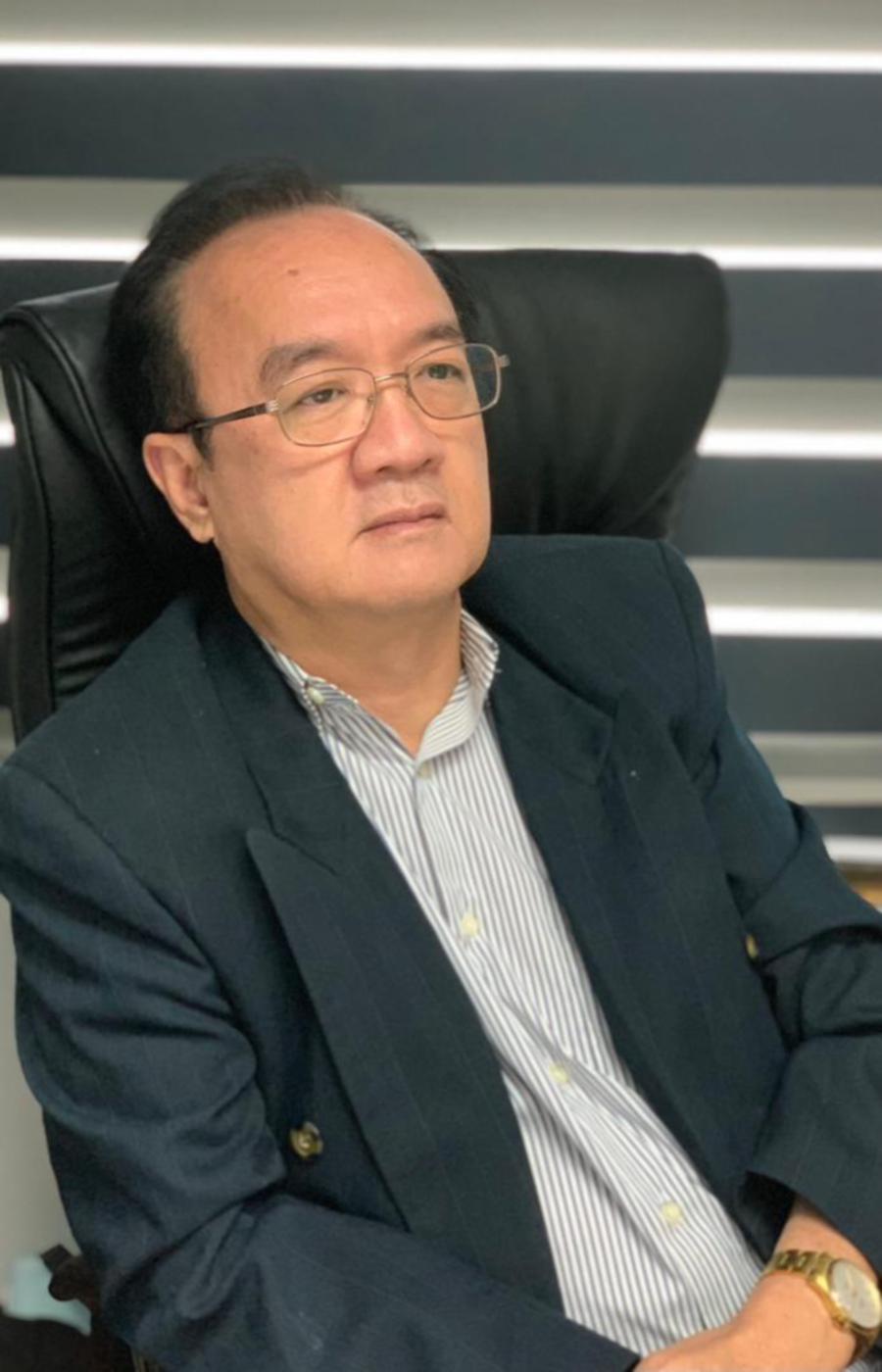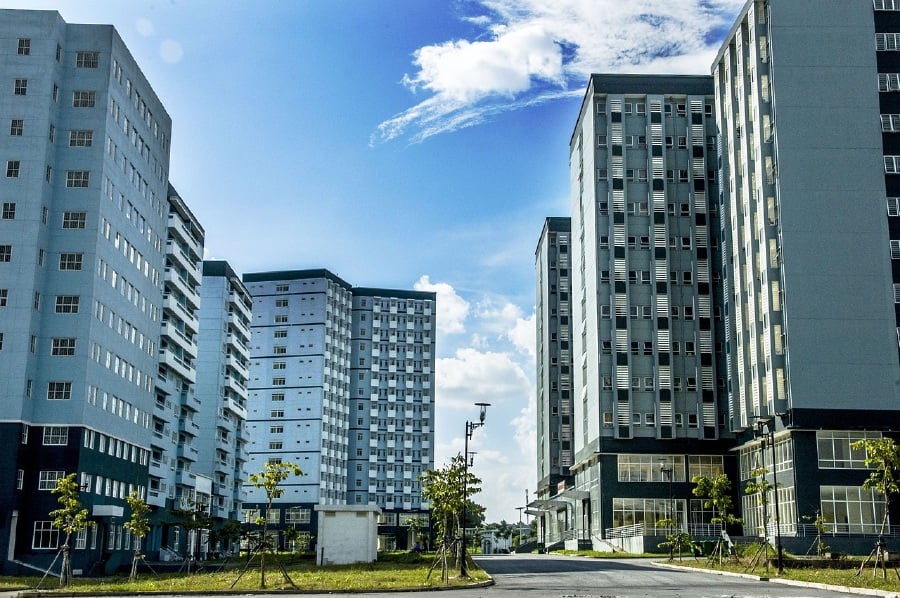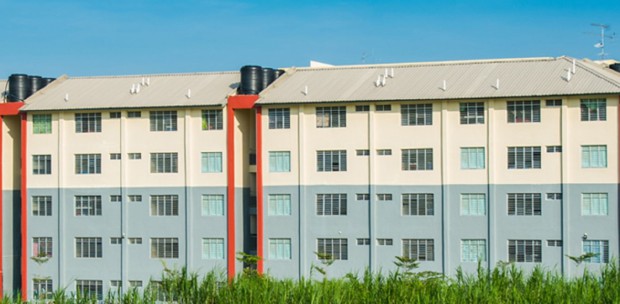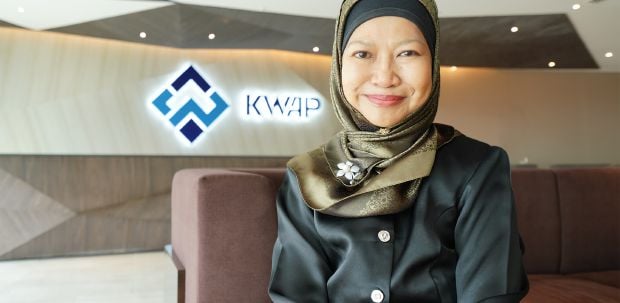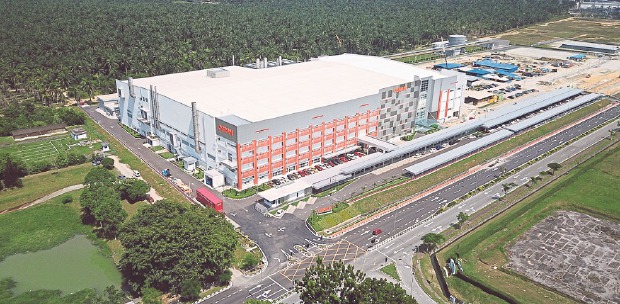KUALA LUMPUR: Purpose-built workers' accommodation (PBWA) has emerged as a new asset class, gaining attention due to the Covid-19 pandemic.
Industry insiders predict a rise in demand for well-designed, innovative, and high-quality worker accommodations.
The majority of such existing assets are currently concentrated in Selangor, Johor, Penang, and Pahang, where there are large industrial parks and manufacturing facilities.
"There will be a lot of builders and buyers in this segment with the enforcement in place," he told NST Property.
In order to meet the increasing short- to long-term demand for workers' housing, more developers and investors are joining the PBWA bandwagon.
Sr. Samuel Tan, executive director of KGV International Property Consultants, said his company has observed growth in PBWAs in Malaysia.
He said it is noteworthy that the estimated investment yield of PBWAs is reflective of the owner-operator model.
"In this model, the owner assumes all risks in relation to the marketing and operations of the asset. As more variations in ownership / partnership models begin to surface, those with less involvement by owners may reflect a lower investment yield supported by a steady income stream and lower risks.
"The yields of PBWAs are expected to mirror the yields of industrial assets as they have a similar nature and there is much correlation between the two asset classes," he told NST Property.
Tan said contracts for workers' accommodations are generally for the long term as industrial end-users. Unlike other asset classes, the general investment is also lower from the initial construction as well as recurring capex as there are less stringent requirements on periodic upgrades and fewer fit-outs, he said.
"From an investment point of view, it appears that workers' accommodation presents a lower risk, and thus, the investment yield should reflect the nature of the asset accordingly.
"In summary, the projected increase in gross revenues of PBWAs, fuelled by current demand coupled with the anticipated yield adjustment in the medium- to long-term, towards the resultant capital values of the PBWA asset class has a positive growth trajectory.
"With a decent yield, PBWAs will soon be a sought-after asset for injection of REITs as they are long-term recurrent incomes that are sustainable and have great appreciation potential," he said.
There are several models of PBWAs in Malaysia, and one that stands out is AME Development's i-Park@Senai Airport City in Johor, which is an upgraded version that introduces an industrial resort concept.
PBWA is one of the main components of the development, which has created a work-life balance working environment with clubhouse facilities including a saltwater swimming pool. It also encompasses self-sustained workers' dormitories, i-Stay that can fit 2,005 beds.
Tan said the benefits of i-Stay include being within walking distance of the workplace, thus saving costs on workers' transportation, low medical leave that increases workers' productivity, and a reduction in social problems.
Another major player in PBWAs is Singapore-listed Centurion Corporation Ltd., which owns several assets in Malaysia.
Tan said that the recent sale of two PBWA assets by Centurion is evidence of an asset class that is actively expanding in Malaysia due to the growing demand for such properties.
Recently, it was reported that Centurion sold Westlite Tampoi and Westlite Bukit Minyak on a sale and leaseback basis to Kumpulan Wang Persaraan (Diperpadankan), also known as KWAP.
Westlite Dormitory (Bukit Minyak) Sdn Bhd and Westlite Dormitory (Tampoi) Sdn Bhd, two of Centurion's indirect wholly-owned subsidiaries, signed sale and purchase contracts with KWAP.
KWAP plans to acquire the properties, which have a combined capacity of 9,111 beds, for RM227 million.
Building CLQs for the future
The Centralised Labour Quarter (CLQ) is deemed to be a more suitable method to ensure the quality and systematic arrangement of employees' accommodation.
CLQ is defined as a centralised employees' accommodation in an area or building of permanent / semi-permanent structure equipped with sufficient facilities and amenities.
Several alternatives are given by the Ministry of Local Government Development (KPKT) under the short-term plans. These include employees' accommodation in existing residential areas, employees' hostels in existing residential areas, employees' accommodation in existing shophouse units, employees' accommodation / hostels in existing shop offices / business lots, employees' accommodation / hostels in existing industrial premises, and employees' hostels on construction sites.
Tan said that under the CLQ, two alternatives are given, such as the development proposal of centralised employees' accommodation in new areas and the development proposal of centralised employees' accommodation in brownfield areas.
"Continuing dialogue is needed in setting fair and achievable standards and benchmarks for worker housing that meet the needs of diverse stakeholders. This is a normal and necessary stage in the worker accommodation industry's evolution as Malaysia progressively raises worker housing standards to benefit workers, employers, industry, and the economy.
"Raising the overall standards and benchmarks of worker accommodation in Malaysia will also enhance our standing with NGOs and global ethical procurement, as well as with migrant worker home countries and governments, and even local communities concerned about migrant worker accommodation in their neighbourhood or backyards," Tan said.


